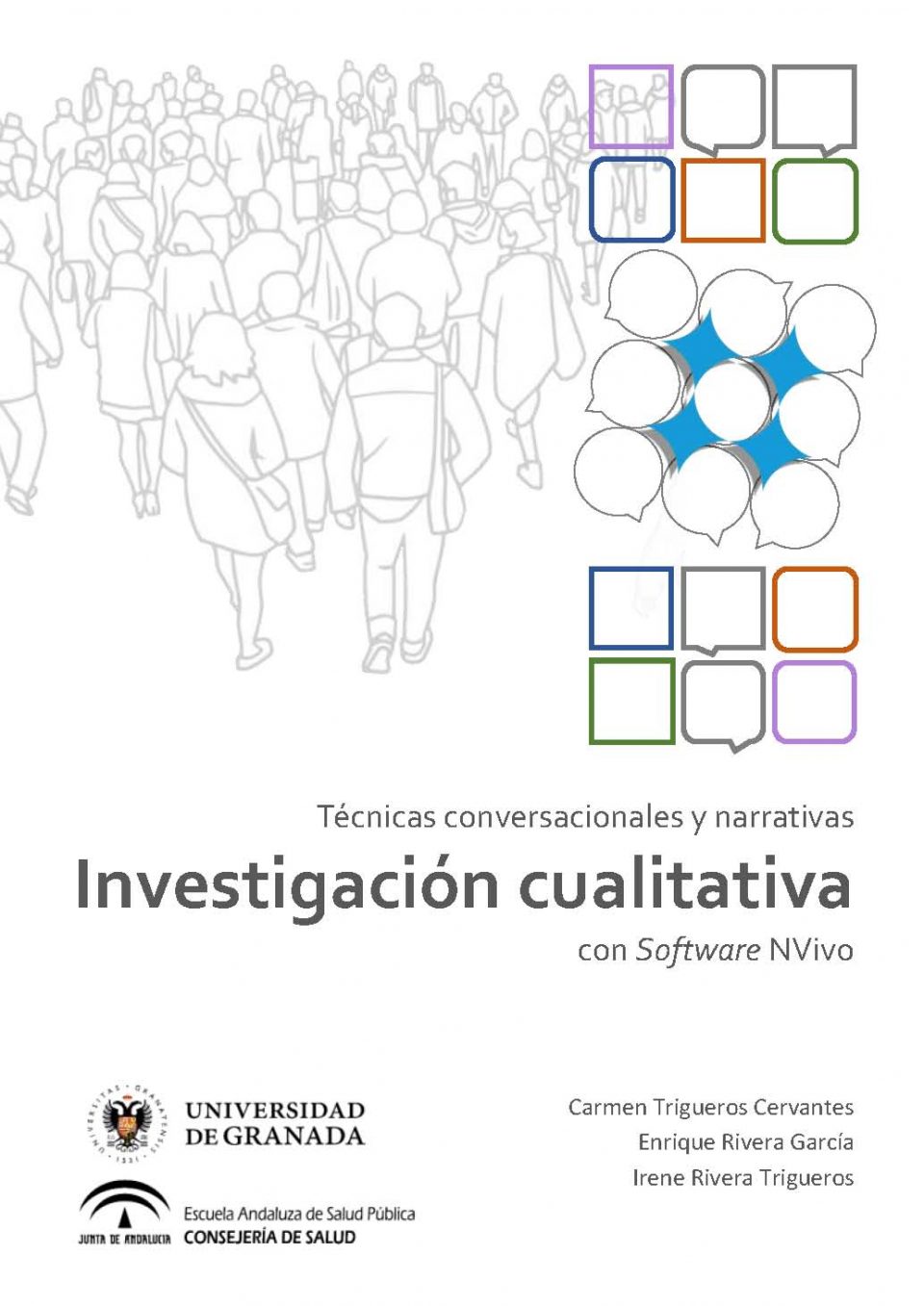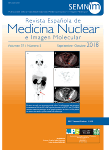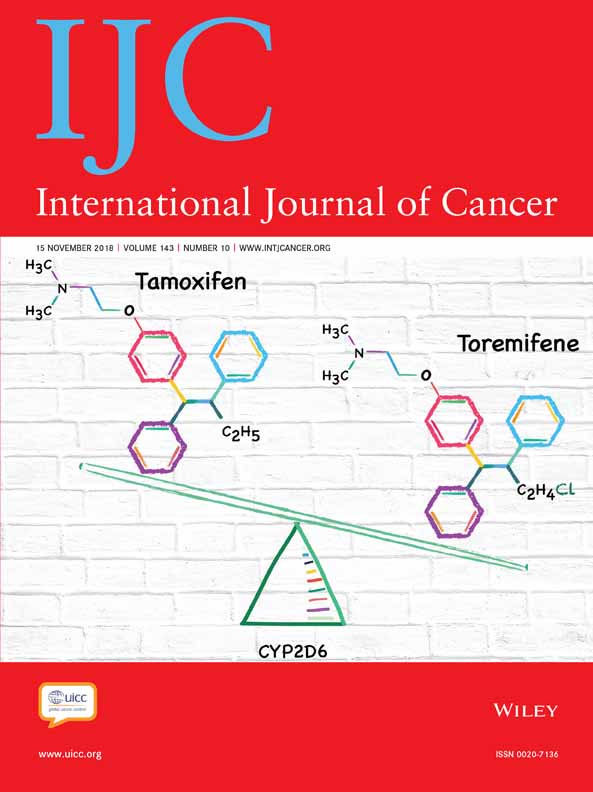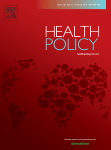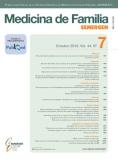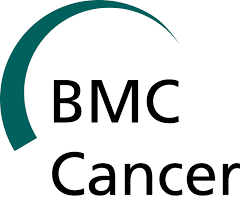How are risk ratios reported in orthopaedic surgery journals? A descriptive study of formats used to report absolute risks
Purpose The numerical format in which risks are communicated can affect risk comprehension and perceptions of medical professionals. We investigated what numerical formats are used to report absolute risks in empirical articles, estimated the frequency of biasing formats and rated the quality of figures used to display the risks. Design Descriptive study of reporting practices.…




